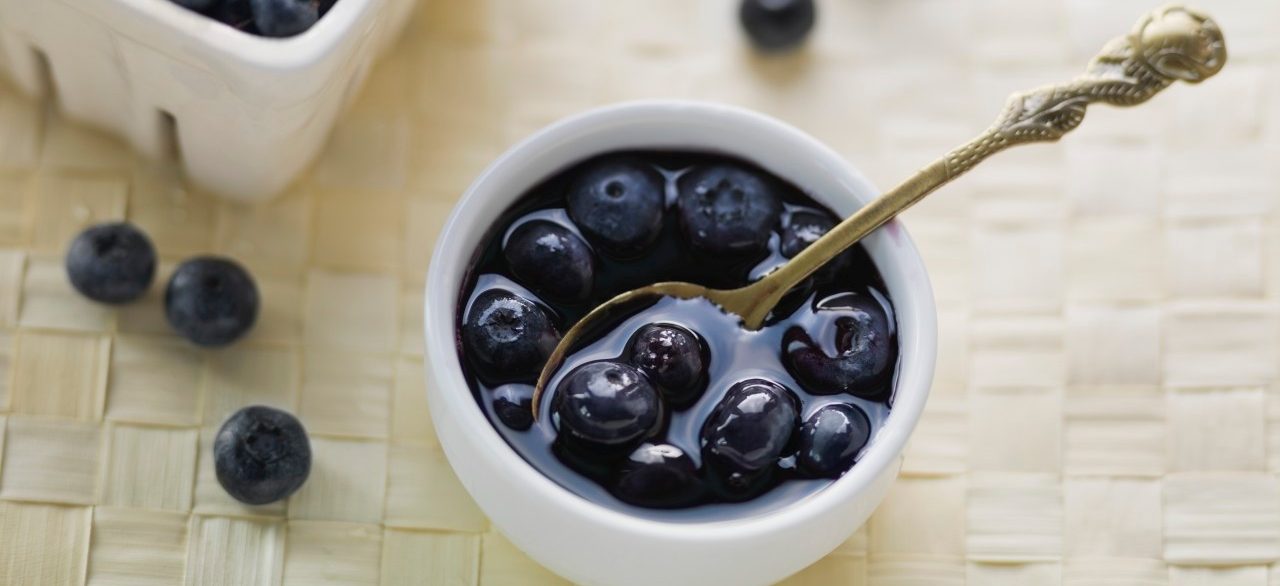Top 10 Cancer-Fighting Foods – Maybe

“Powerhouse” foods may help, but the jury’s still out. Here's what you should know about possible cancer-fighting foods and whether there really is an anti-cancer diet.
Ever since researchers began to compile evidence on the cancer-fighting potential of certain foods – especially fruits and vegetables – molecules called antioxidants in these foods have been highly promoted, and not always by scientists.
It’s become a cottage industry. For example, when a few studies found pomegranates might have anti-cancer properties, this once rather obscure fruit became marketed almost like pharmaceuticals and available pretty much year-round. The fruit is often on the many top-10 lists of foods that have grown around the antioxidant movement.
YOU MIGHT ALSO LIKE: Can You Starve Cancer?
Yes, there is ample evidence that foods high in antioxidants can help prevent the formation of highly reactive free radicals, molecules that can start a chain reaction to damage DNA and cellular membranes in your body. Antioxidants intercept free radicals and stop the chain reaction they cause before any cellular damage occurs.
But before you start downing antioxidant-rich pomegranates by the truckload, know that it’s not that simple. For all the hype, the cancer-fighting effect of antioxidant foods remains largely theoretical.
The National Cancer Institute (NCI) points out many studies have examined whether specific diets or nutrients clearly increase or decrease cancer risk. Some researchers, primarily using cancer cells or animal models, have found examples of compounds, especially antioxidants in certain foods, that might have anticancer activity. In addition, large studies comparing the diets of people who have developed cancer to the eating style of people never diagnosed with cancer have sometimes found dietary factors that seem to increase or lower cancer risk.
“However, these results show only that the dietary component is associated with a change in cancer risk, not that the dietary component is responsible for, or causes, the change in risk,” the NCI website explains. “For example, study participants with and without cancer could differ in other ways besides their diet, and it is possible that some other difference accounts for the difference in cancer.”
While more research is needed to say definitively that certain foods containing antioxidants or other phytochemicals fight malignancies, the American Society of Clinical Oncology (ASCO) recommends eating a variety of these plant-based foods that contain naturally occurring substances, including antioxidants, which may potentially lower cancer risk:
- Red, orange, yellow, and some dark-green vegetables are rich in carotenoids (a type of antioxidants that may deactivate cell-damaging free radicals linked to cancer).
- Tea, coffee, chocolate, nuts, berries, and apples contain polyphenols, another type of antioxidants that may help protect cells from cancer-causing changes.
- Onions, garlic, leeks, and chives, known as allium vegetables, could play a role in lowering the risk of some cancers (especially prostate cancer), according to research published in the Journal of the National Cancer Institute.
- Foods rich in fiber — including whole grain bread and pasta, oats, corn, rye, seeds, beans, lentils, and split peas — help promote a healthy microbiome, the community of “good” bacteria in the digestive tract. And a healthy microbiome, the ASCO notes, has been link to a lower risk of cancer.
Updated:
March 01, 2022
Reviewed By:
Christopher Nystuen, MD, MBA and Janet O'Dell, RN